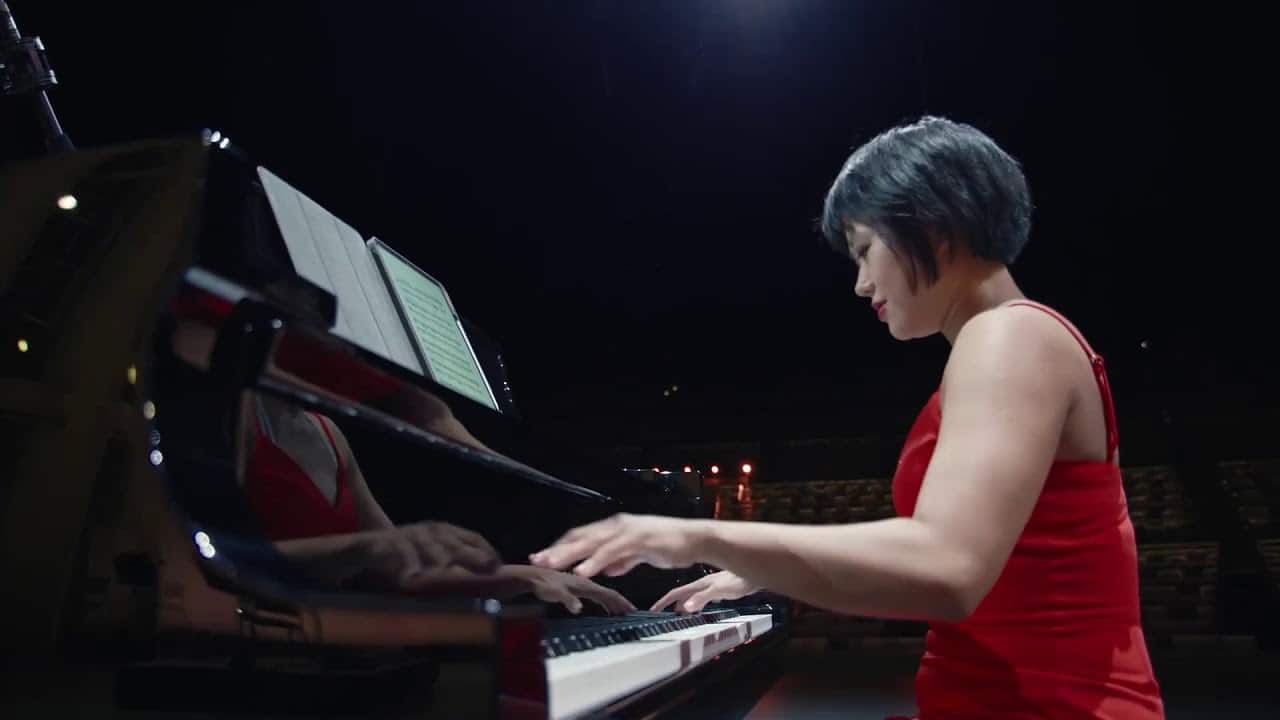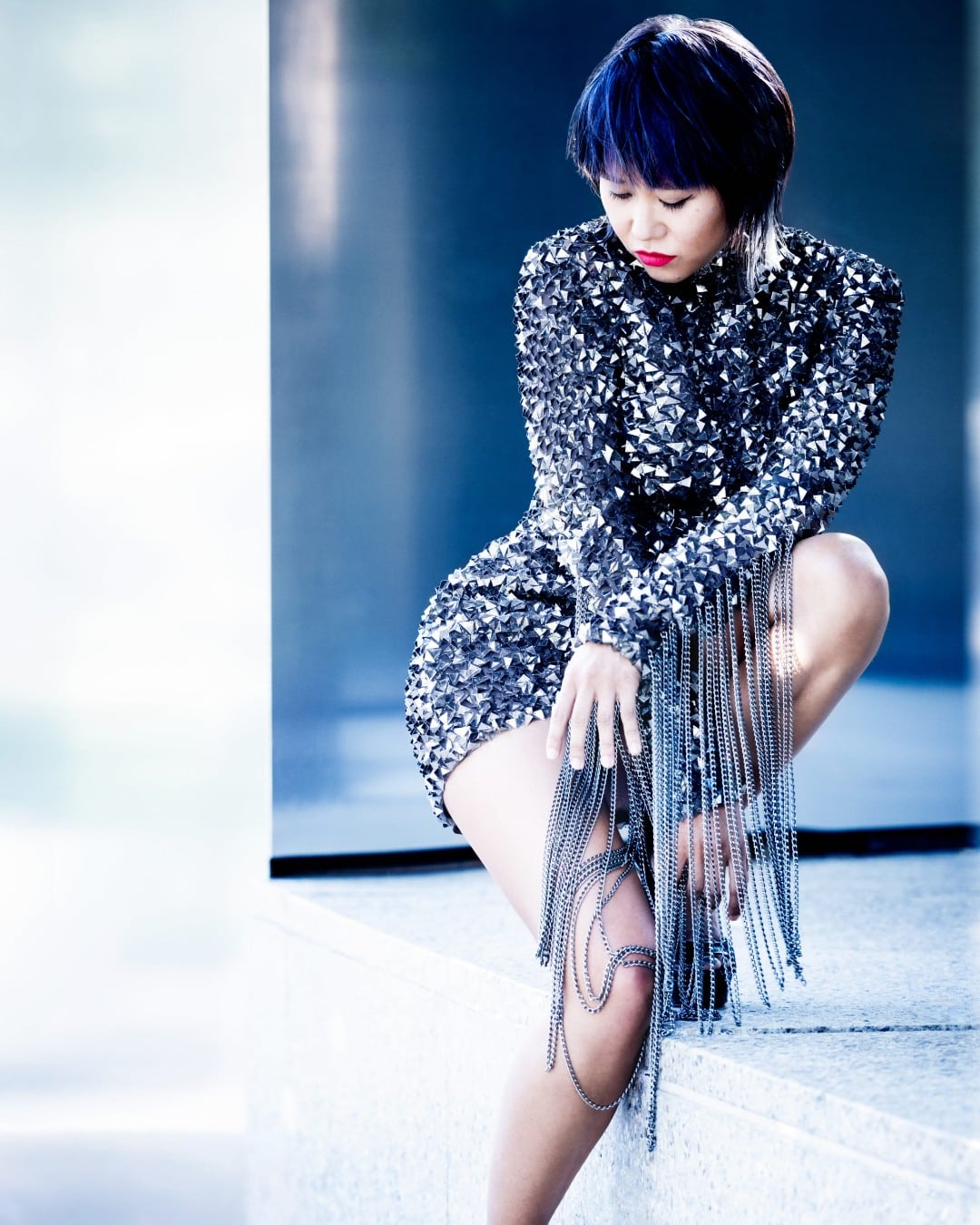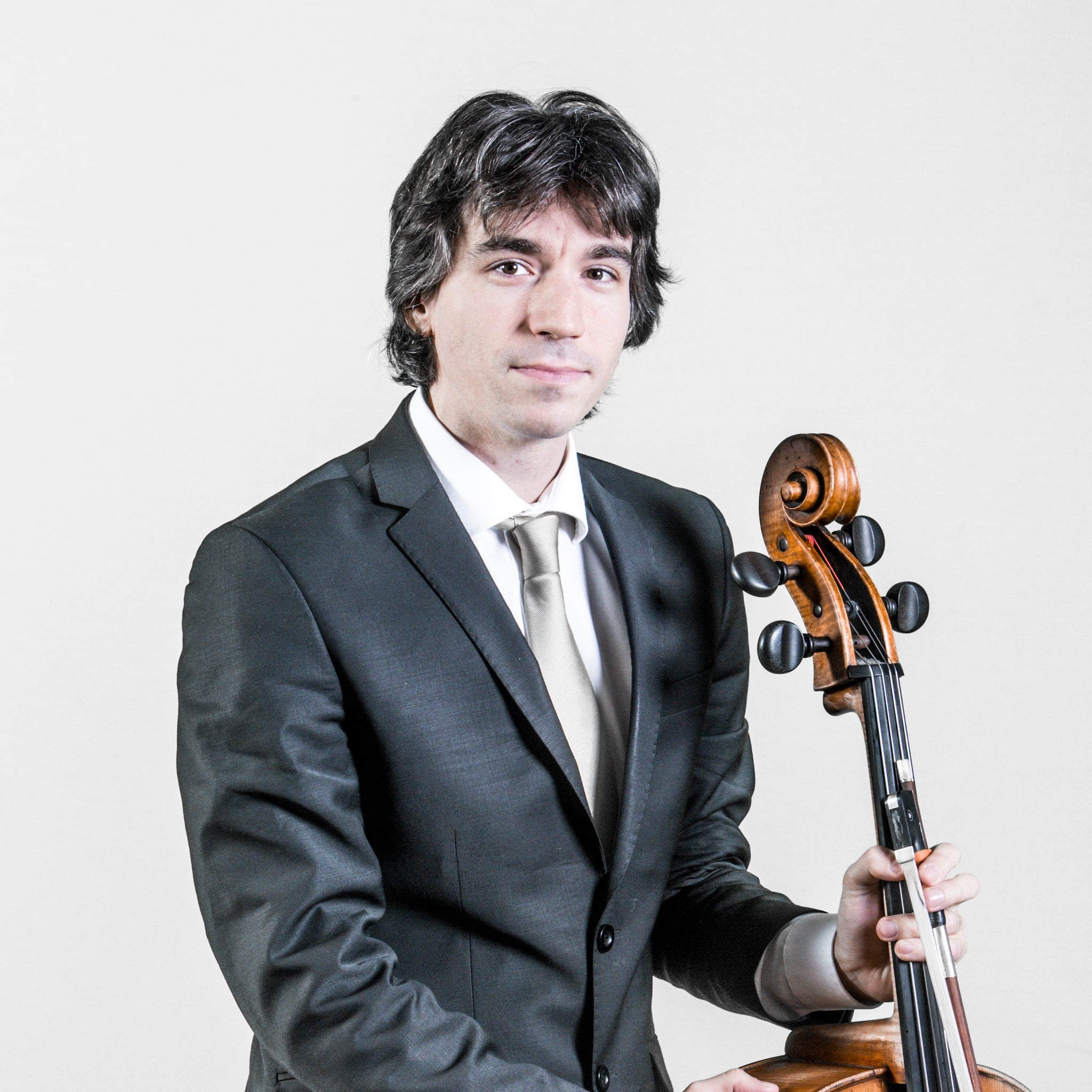So who can play this Rachmaninov cadenza?
main10 top pianists have a go.
How’s yours?

This is Deutsche Grammophon promo for her forthcoming…

Martin Hébert is stepping down after 19 years…

Anna Starushkevych is a Ukrainian-British opera singer who…

The death has been made known of the…

Session expired
Please log in again. The login page will open in a new tab. After logging in you can close it and return to this page.
Comments